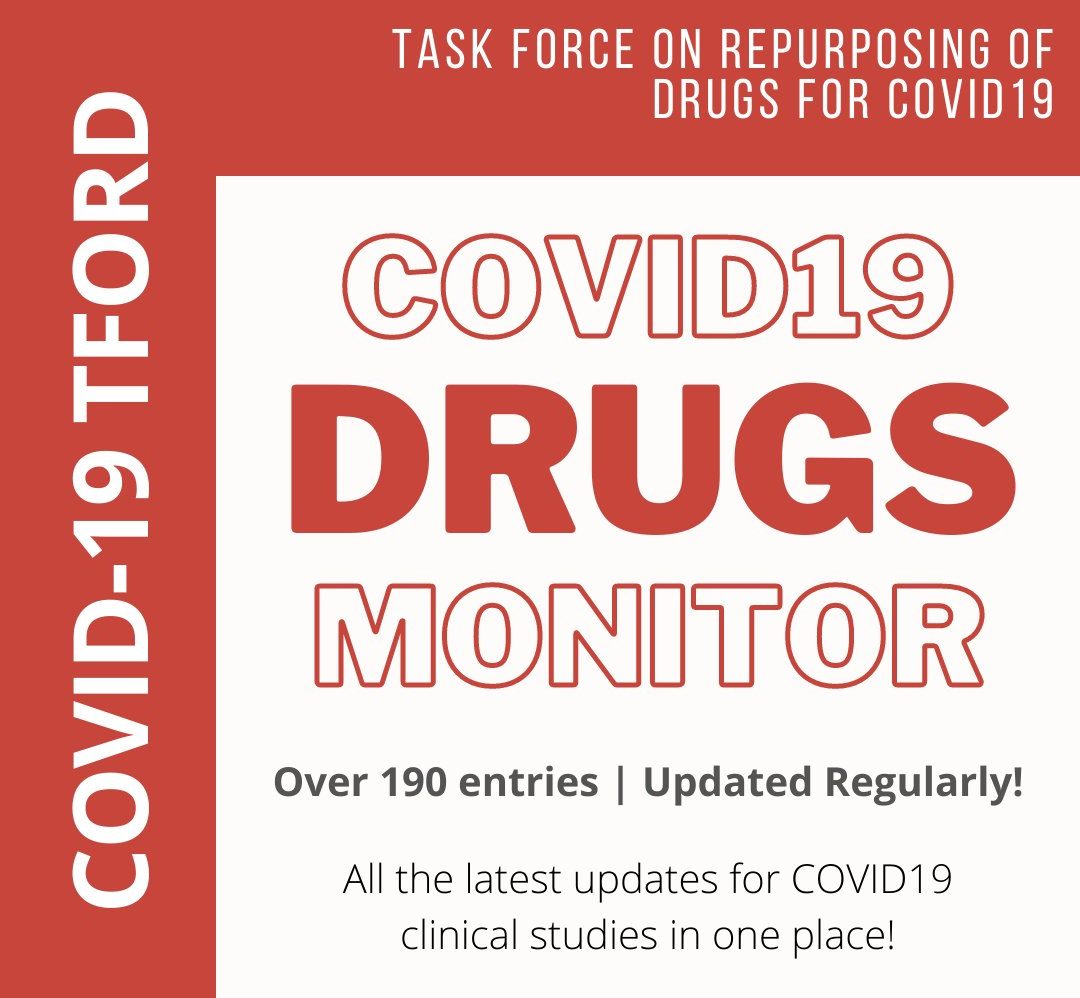(18 Dec 2020) Tocilizumab- reduced the likelihood of mechanical ventilation or death, but it did not improve survival
Tocilizumab in Patients Hospitalized with Covid-19 Pneumonia
https://doi.org/10.1056/NEJMoa2030340
A total of 389 patients underwent randomization, and the modified intention-to-treat population included 249 patients in the tocilizumab group and 128 patients in the placebo group; 56.0% were Hispanic or Latino, 14.9% were Black, 12.7% were American Indian or Alaska Native, 12.7% were non-Hispanic White, and 3.7% were of other or unknown race or ethnic group. The cumulative percentage of patients who had received mechanical ventilation or who had died by day 28 was 12.0% (95% confidence interval [CI], 8.5 to 16.9) in the tocilizumab group and 19.3% (95% CI, 13.3 to 27.4) in the placebo group (hazard ratio for mechanical ventilation or death, 0.56; 95% CI, 0.33 to 0.97; P = 0.04 by the log-rank test). Clinical failure as assessed in a time-to-event analysis favored tocilizumab over placebo (hazard ratio, 0.55; 95% CI, 0.33 to 0.93). Death from any cause by day 28 occurred in 10.4% of the patients in the tocilizumab group and 8.6% of those in the placebo group (weighted difference, 2.0 percentage points; 95% CI, -5.2 to 7.8). In the safety population, serious adverse events occurred in 38 of 250 patients (15.2%) in the tocilizumab group and 25 of 127 patients (19.7%) in the placebo group. In hospitalized patients with Covid-19 pneumonia who were not receiving mechanical ventilation, tocilizumab reduced the likelihood of progression to the composite outcome of mechanical ventilation or death, but it did not improve survival. No new safety signals were identified.
NCT04372186
